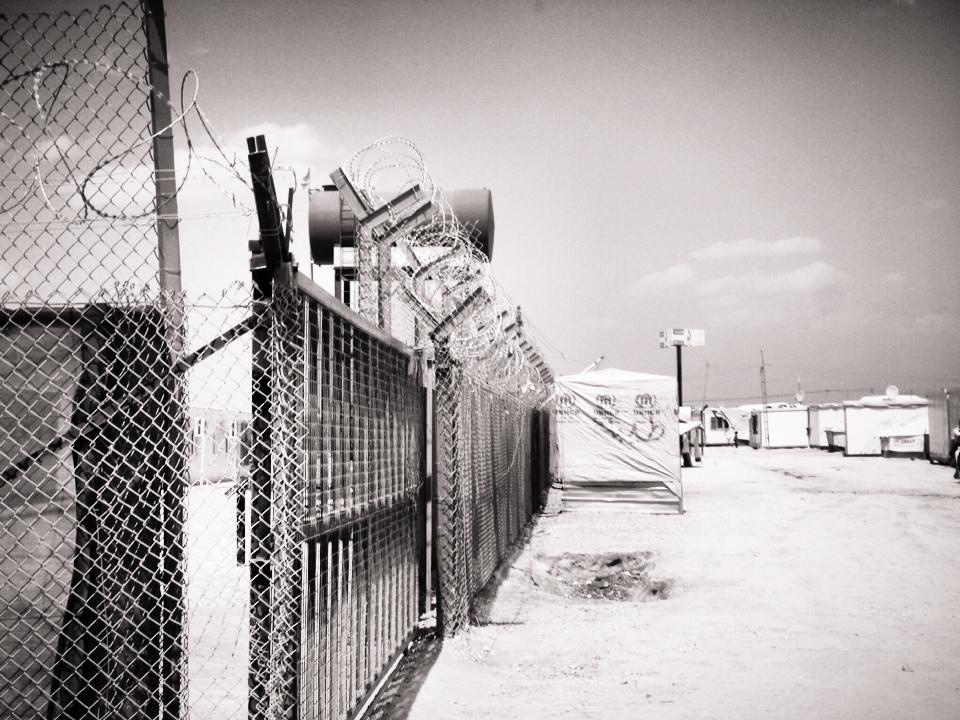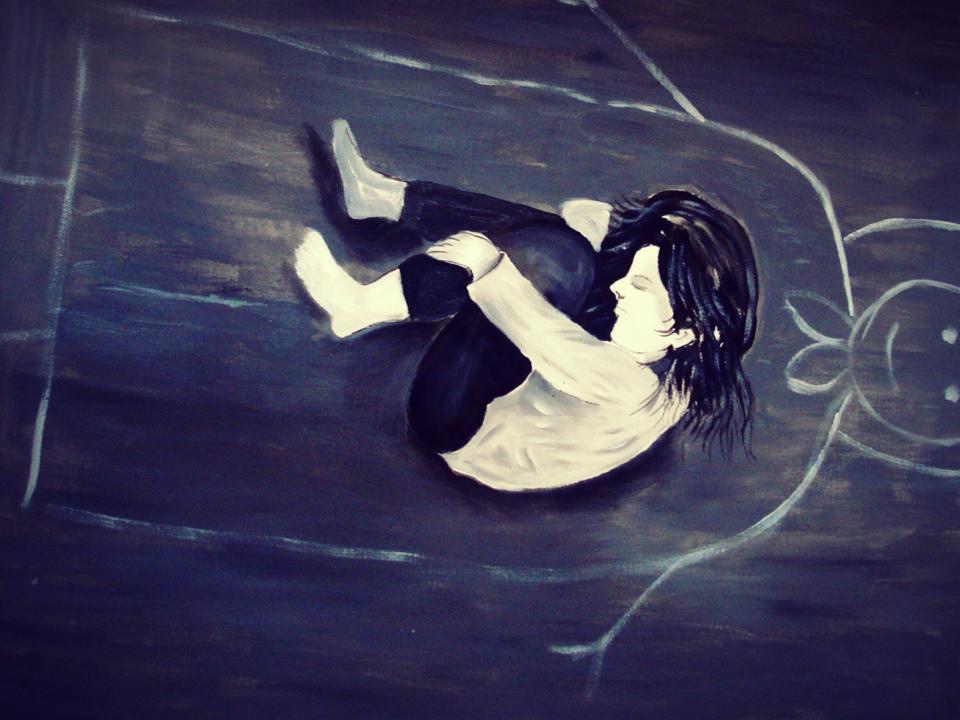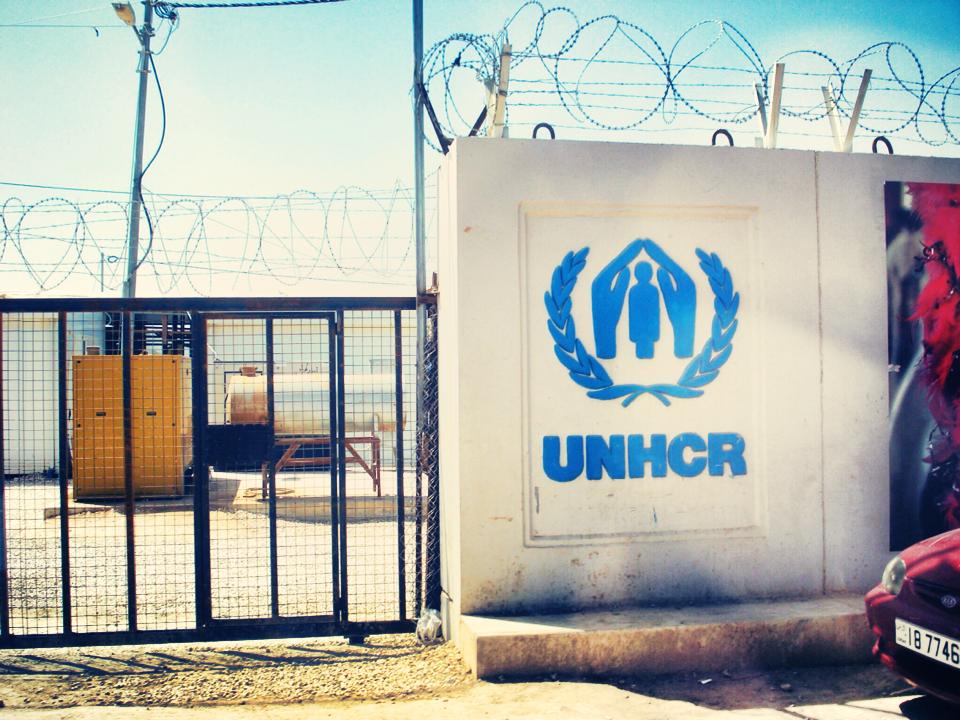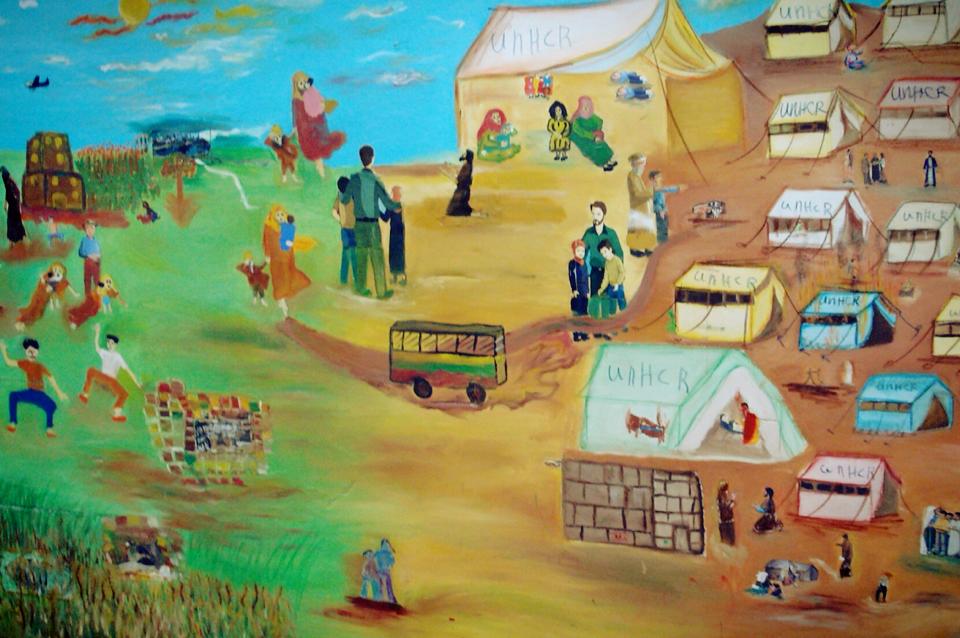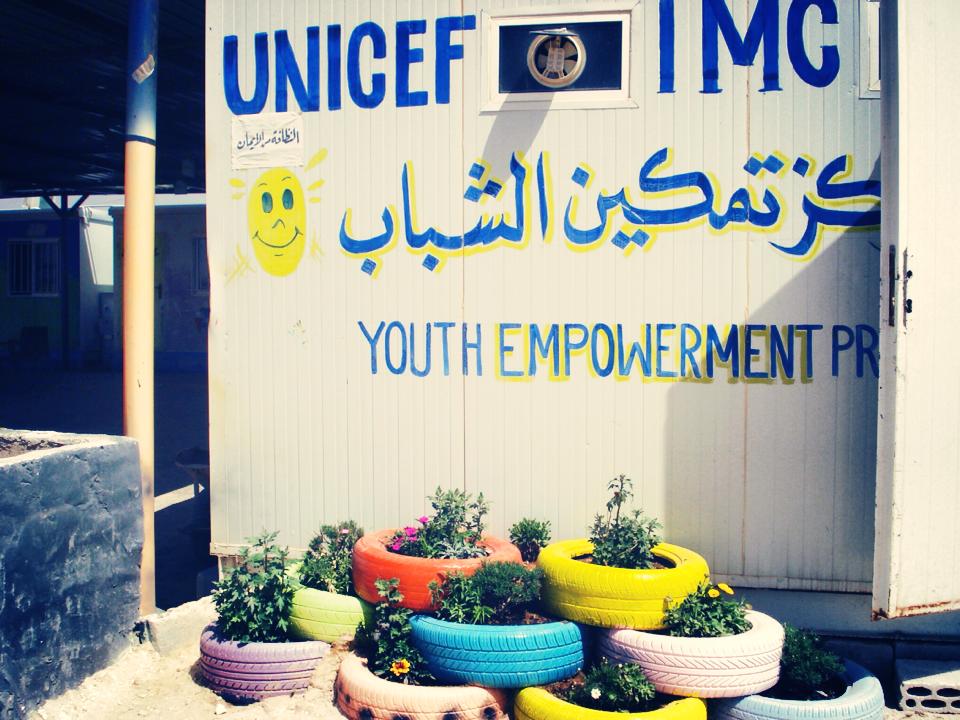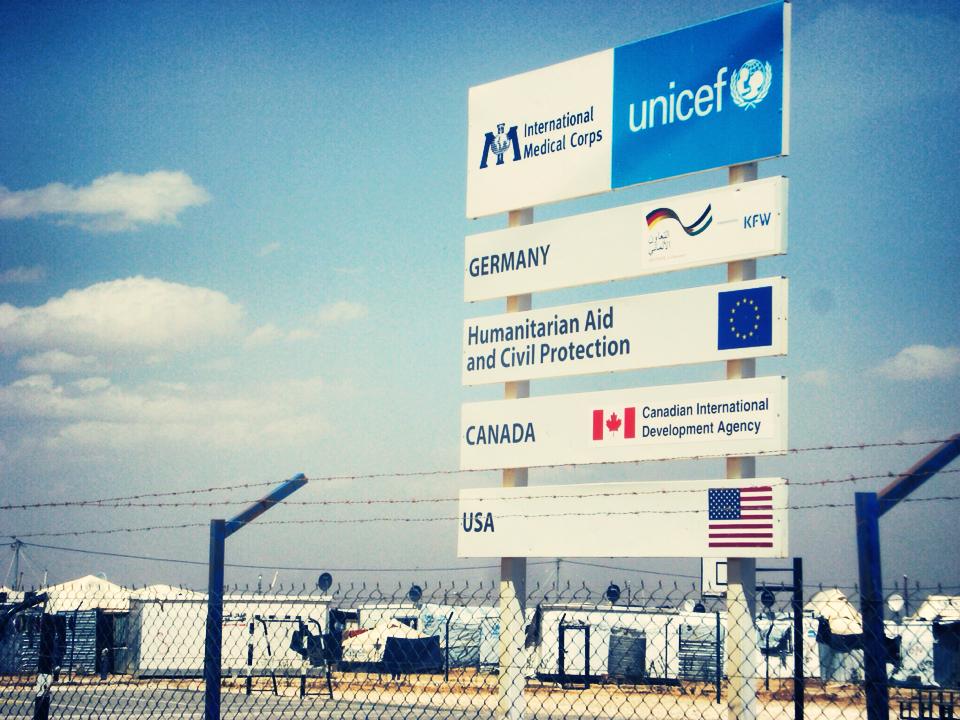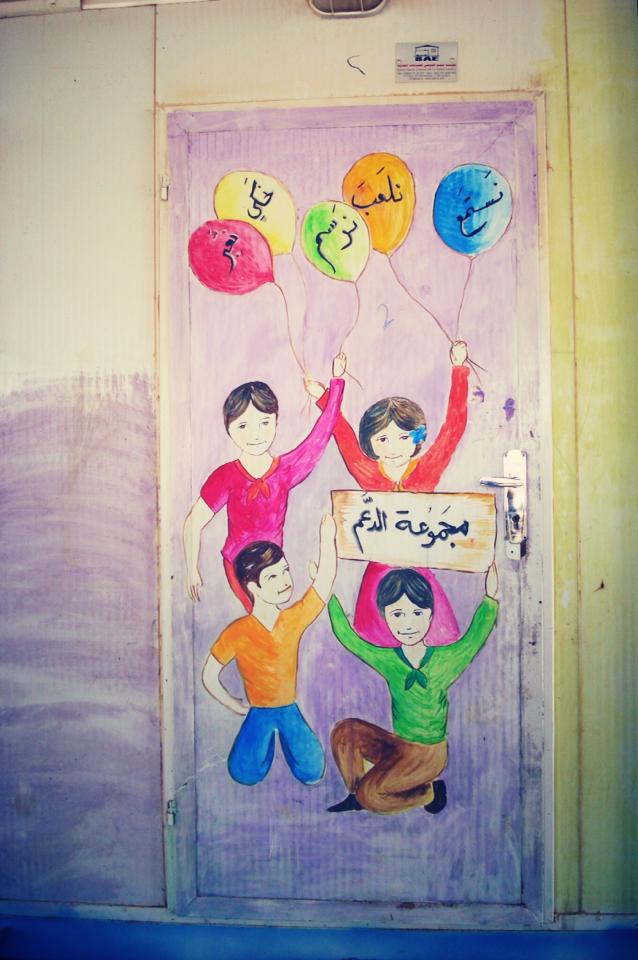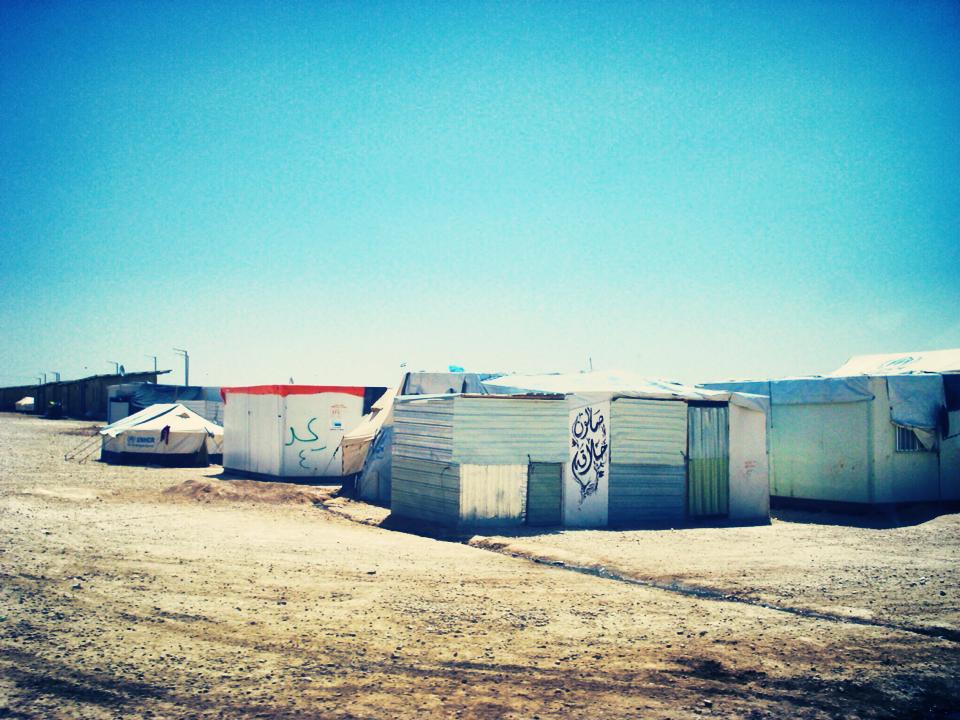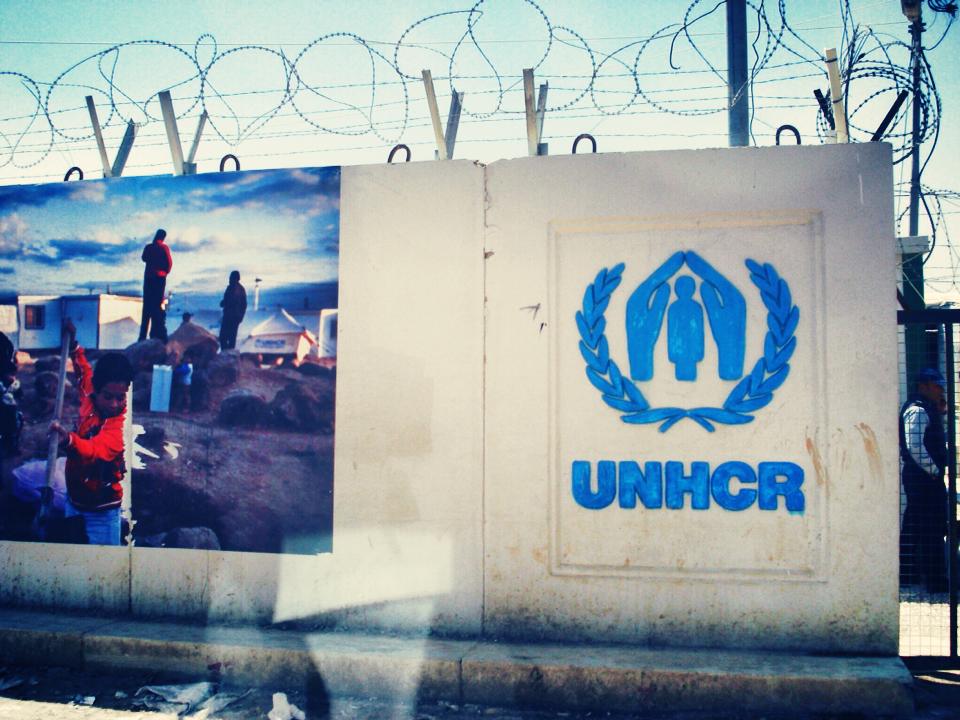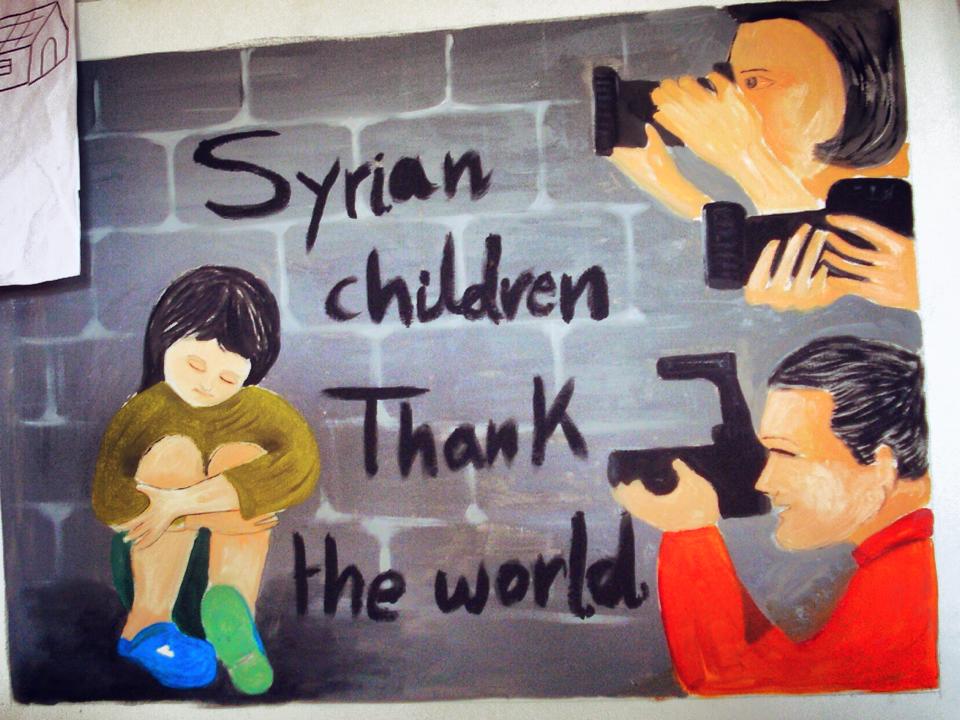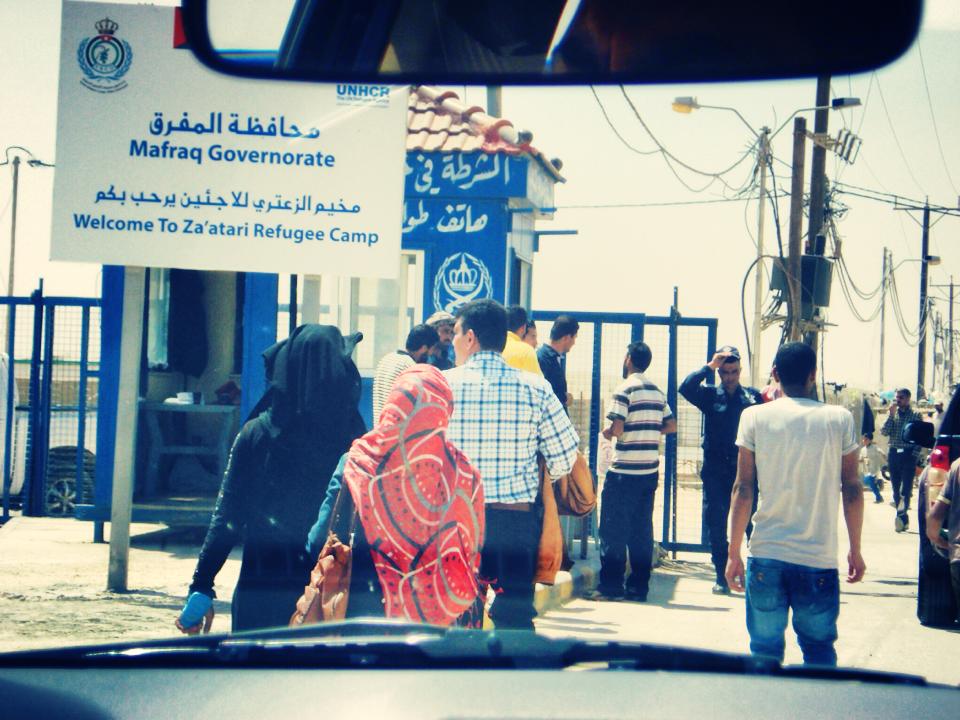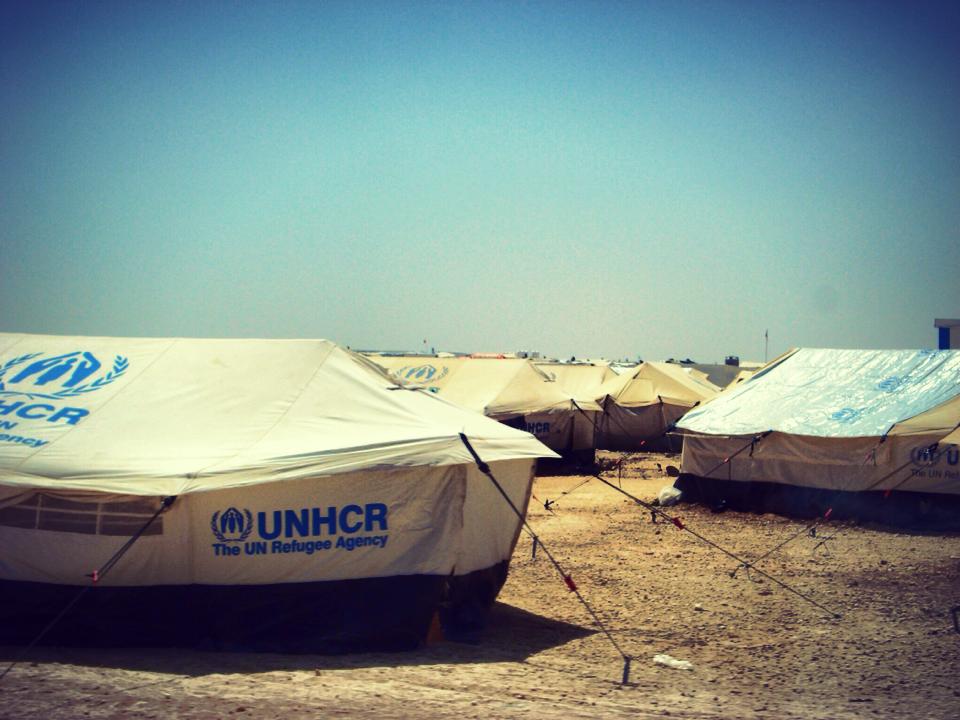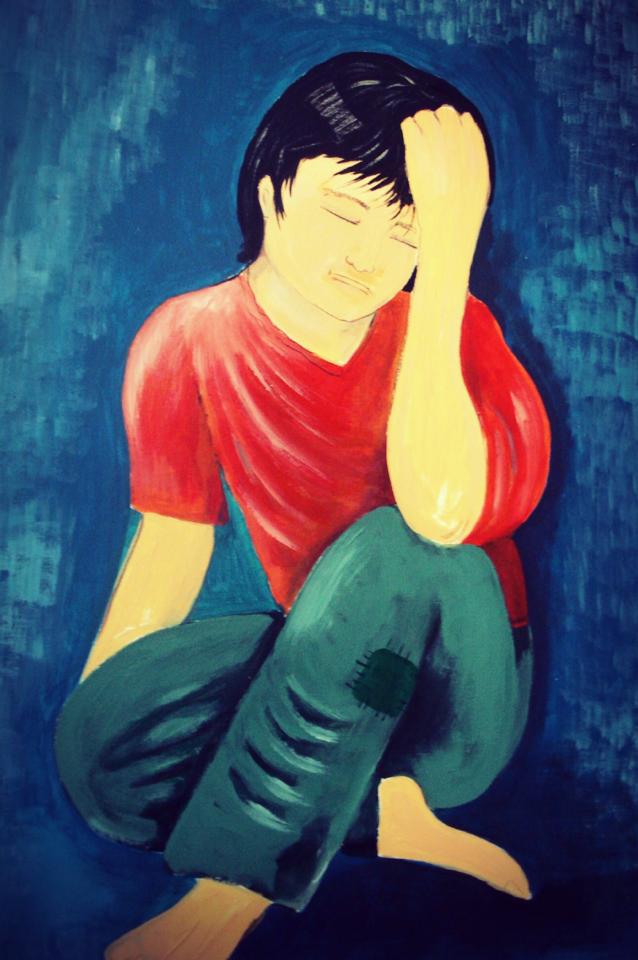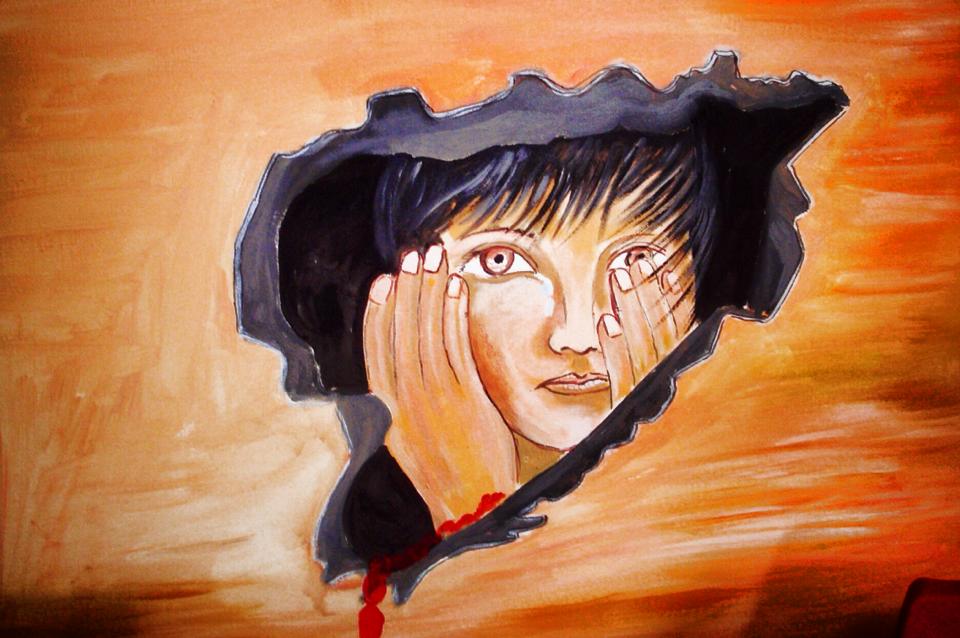With no end in sight to the global refugee crisis, TC experts are leading efforts to provide mental health support and children's education
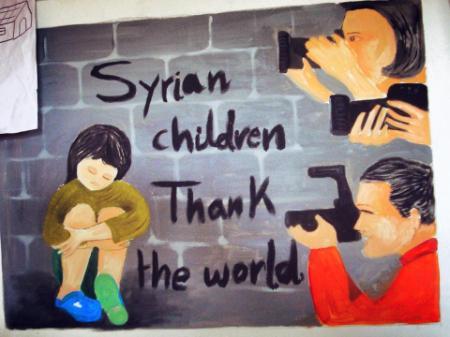
To most people, the growing refugee crisis emanating from the Middle East is a political problem. Where will nearly 4 million displaced Syrians – as well as millions more from other war-torn nations such as Afghanistan – ultimately go? Will refugees’ desperate efforts to re-settle in the European Union lead to political chaos?
As it becomes increasingly clear that the crisis will not end any time soon, several prominent faculty members at Teachers College have been focusing their efforts on designing strategies to improve quality of life and educational opportunities for people affected by the crisis. They are partnering with regional stakeholders and experts to create a new knowledge base and guide practice in mental health and education. For them, questions of equal importance are:
How can society help so many who are suffering with severe psychological fallout – such as depression and post-traumatic stress – from war and displacement? How can children who’ve lost their homes get a proper education?
If the global community fails to provide these supports, they believe, the world’s biggest refugee crisis since World War II could become an ongoing multi-generational disaster.
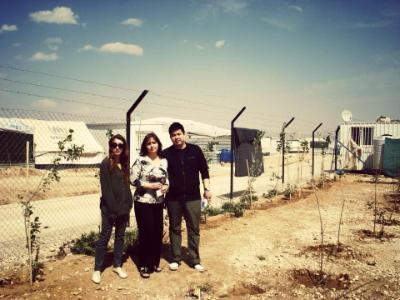
“There’s a perception in these situations that issues such as mental health and education are luxuries, but that’s not so,” says Lena Verdeli, Associate Professor of Psychology & Education and Director of the Global Mental Health Lab at Teachers College. “Disaster, violence and displacement are well-known factors that push people to the extreme, placing them at risk for both common and severe mental illness. Although the majority of people eventually find ways to adapt to even the most extreme adversities, a significant minority continue struggling with severely impairing mental health problems. One of the worst outcomes of mental illness is resignation that limits people’s ability to avail themselves of resources.”
Verdeli, and two other TC faculty members, Mary Mendenhall, Assistant Professor of Practice in Comparative & International Education, and Susan Garnett Russell, Assistant Professor of Comparative & International Education, are in the forefront of global efforts to address these concerns and have become go-to sources for international relief organizations working in nations ranging from Haiti and Colombia to Lebanon and Kenya. With the United Nations High Commission on Refugees (UNHCR) reporting that there are now 59.5 million forcibly displaced people in the world due to war, terrorism, famine and poverty – a frightening 40 percent increase from just four years ago – these professors' efforts are creating a service model for the modern world.
Therapy on the Ground
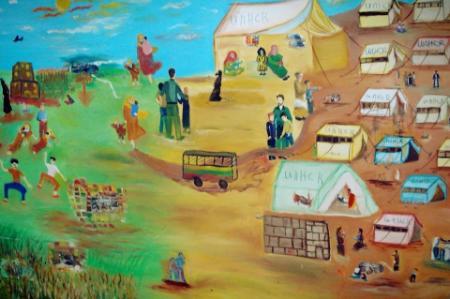
Since visiting Ugandan rural communities in 2002 at the height of that country’s AIDS epidemic and civil war, Verdeli has been the world leader in adapting and applying Interpersonal Therapy (IPT) – a widely known form of group therapy shown to counteract depression’s paralyzing effects – for use with large numbers of displaced people.
“Dr. Verdeli has been key to the introduction of IPT in low- and middle-income countries,” says Mark van Ommeren, Scientist in the Department of Mental Health and Substance Abuse of the World Health Organization (WHO). “Her research in Uganda was instrumental to collect the data necessary for WHO to recommend IPT – together with cognitive behavioral therapy and antidepressant medicines – as recommended treatment for depression. Her work has shown that IPT can be offered by people who are not licensed mental health professionals.”
Currently Verdeli is working in Lebanon – a nation of 4.3 million people that has now absorbed 1 million Syrian refugees – in partnership with the nation’s Ministry of Health, WHO and the American University in Beirut.
“We are very happy that Lena will be coming to Lebanon soon to conduct a training of trainers with a one-year supervision for a group of therapists working with the Syrian Displaced and the Lebanese Host community,” says Rabih El Chammay, a psychiatrist at Saint Joseph University in Beirut, Lebanon, who heads the first national mental health program of Lebanon’s Ministry of Public Health.
Meanwhile, WHO will begin global distribution of a manual on IPT use for non-specialist providers that Verdeli has helped create and that largely reflects her ideas and practices.

“IPT is not new,” says Verdeli, who also serves on the leadership team of the Columbia University Mental Health program, which is now a WHO-designated center. “What’s new is our delivery of it and our model of training others to use it. Whether we train laypeople to use IPT with their fellow community members, as we did in Uganda, or train professionals through a systemic national effort, as we’re doing now in Lebanon, our hallmark is to employ inexpensive, feasible and culturally relevant approaches that are the result of real partnerships on the ground, and in which all the players have a voice – including refugees themselves.”
Verdeli says that therapy work in refugee camps – or in urban communities, where nearly 60 percent of all global refugees now reside – particularly needs to account for the “style of communication” that prevailed in the refugees’ original countries. In some cultures, Verdeli noted, it’s considered a taboo to speak ill of the dead – even if the deceased has a major impact on the psyche of the living– because it’s believed the departed might be listening. When sexual topics are a critical part of therapy, she says, it’s usually crucial that the therapist and those being treated are the same sex. That is why the interventions need to be selected in partnership with the local experts and adapted in content and delivery methods.
Keeping School in Session
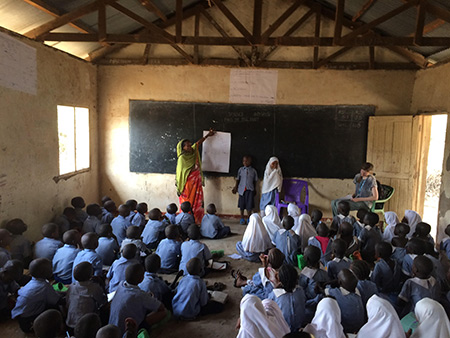
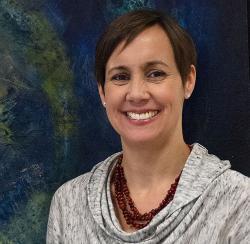
Meanwhile, Mendenhall and Russell are addressing the massive disruption and suspension of formal education that has resulted from the refugee crisis – an issue they believe is also a major component of the mental health emergency.
There are two reasons why Education in Emergencies, as relief experts call it, is so critical, Mendenhall says. One is simply that it helps restore a daily routine. “Restoring normalcy among children and youth is so important,” she says. The other is the urgent need to encourage literacy, numeracy and problem-solving skills to ensure that displaced kids can have a better future and help rebuild crisis-torn societies.
Since 2005, Mendenhall has been working in the field of Education in Emergencies, most recently developing teacher training programs and conducting research with teachers in Kakuma refugee camp in Kenya – home to an estimated 179,000 people fleeing conflict and war in South Sudan, Somalia and other African nations. As part of the global Refugee Teacher Working Group initiated by UNHCR, Mendenhall and her students have led an effort to develop a new teacher training pack for under- and un-qualified refugee and displaced teachers who have been newly recruited to provide education to the children living in the camps. The new materials will be made available to all individuals and organizations who wish to use them in their efforts to improve the quality of education in crisis contexts around the world.

To further support teachers in these contexts, Mendenhall and partners from Finn Church Aid and UNHCR in Kenya are currently working with a group of teachers in Kakuma to prototype a mobile mentoring program with support from IDEO.org, a design NGO that supports development of efforts to meet the needs on the ground.
For her part, Russell, who serves as Interim Director of TC’s George Clement Bond Center for African Education, has conducted in-depth studies of how Rwanda and South Africa teach about their recent violent pasts. Her research also includes cross-national studies of textbooks that discuss the Holocaust, globalization, global citizenship, gender-based violence and nationalism, drawing on a data set of more than 500 textbooks published worldwide between 1970 and 2008. She has found that social studies and civics are eclipsing history, a subject area often more tinged with nationalism, as the primary venue for such teaching. With colleagues, Russell will lead workshops on civics education for teachers in Kenya, Malawi and South Africa.
Mendenhall and Russell have also launched a new study on urban refugee education this year, with support from the U.S. State Department’s Bureau for Population, Migration and Refugees, that will entail a global survey of 15 countries most affected by the influx of urban refugees. They will make site visits to Beirut, Nairobi and Quito.
Refugees face formidable challenges, but Verdeli, Mendenhall and Russell believe that many can lead productive, fulfilling lives.
“Most of these kids are incredibly resilient and can bounce back, but we need to provide proper education and psychosocial support to ensure they do,” Mendenhall says.
“This is happening on our watch,” Verdeli says. “We don’t want it to be like Rwanda, where we look back in 20 years and our children and grandchildren will ask, ‘Why didn’t you do something?’” — Will Bunch
Published Friday, Oct. 23, 2015
